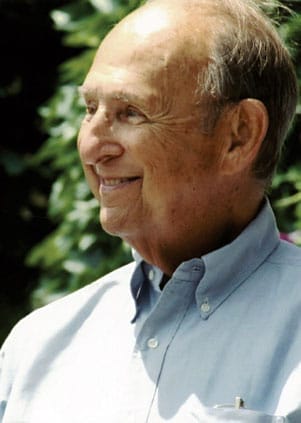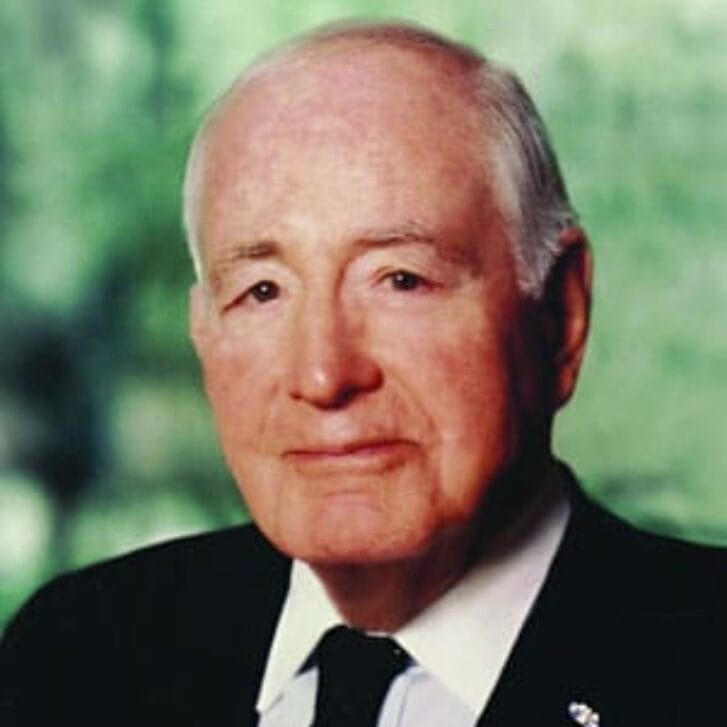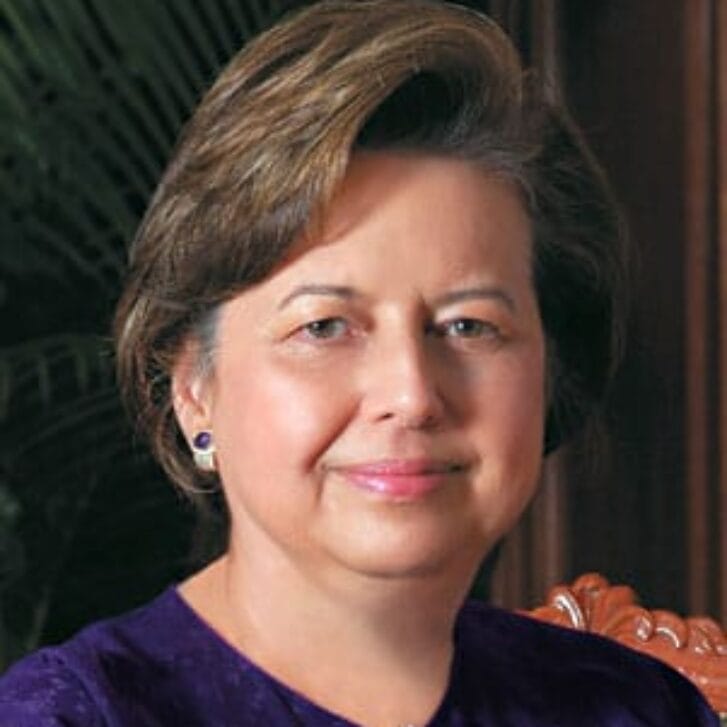By the time Richard Bloch had reached age 52, he had clearly made it. He had graduated from Wharton at age 19 and briefly went into various businesses outside his hometown of Kansas City, MO.
He returned to Kansas City in the early 1950s to join his brothers, Henry and Leon, in a family bookkeeping business. In 1955 they branched out into tax preparation—at a mere $5 a return—when the Internal Revenue Service cut back on tax advising services. By the late 1970s, H & R Block (the spelling changed to ease customer identification) was doing about 10 percent of the nation’s returns—inexpensively and efficiently.
Fast forward through a tremendous career: It had been nine years since he had semi-retired from what was then the largest tax-preparation business in the world. The rest of life seemed to be smooth sailing. Except that Bloch had been a heavy smoker. Doctors told him he had lung cancer and only three months to live. Through aggressive treatment, he beat it—and again beat colon cancer two years later.
He sold all of his H & R Block stock in 1982 and set out to make the world a better place for cancer victims. He endowed the R.A. Bloch Cancer Management Center at the University of Missouri, Kansas City, and developed the National Cancer Institute’s “PDQ2” computer system, which informed patients of the latest in cancer treatment. He served on President Reagan’s National Cancer Advisory Board and endowed parks in two dozen cities dedicated to cancer victims. All the while, though, Bloch did his own taxes.
Before he died in 2004 at the age of 78—of heart failure, not cancer—he was able to establish his own unofficial holiday, National Cancer Survivors Day, the first Sunday in June, designed to promote awareness of cancer and its cures.


























